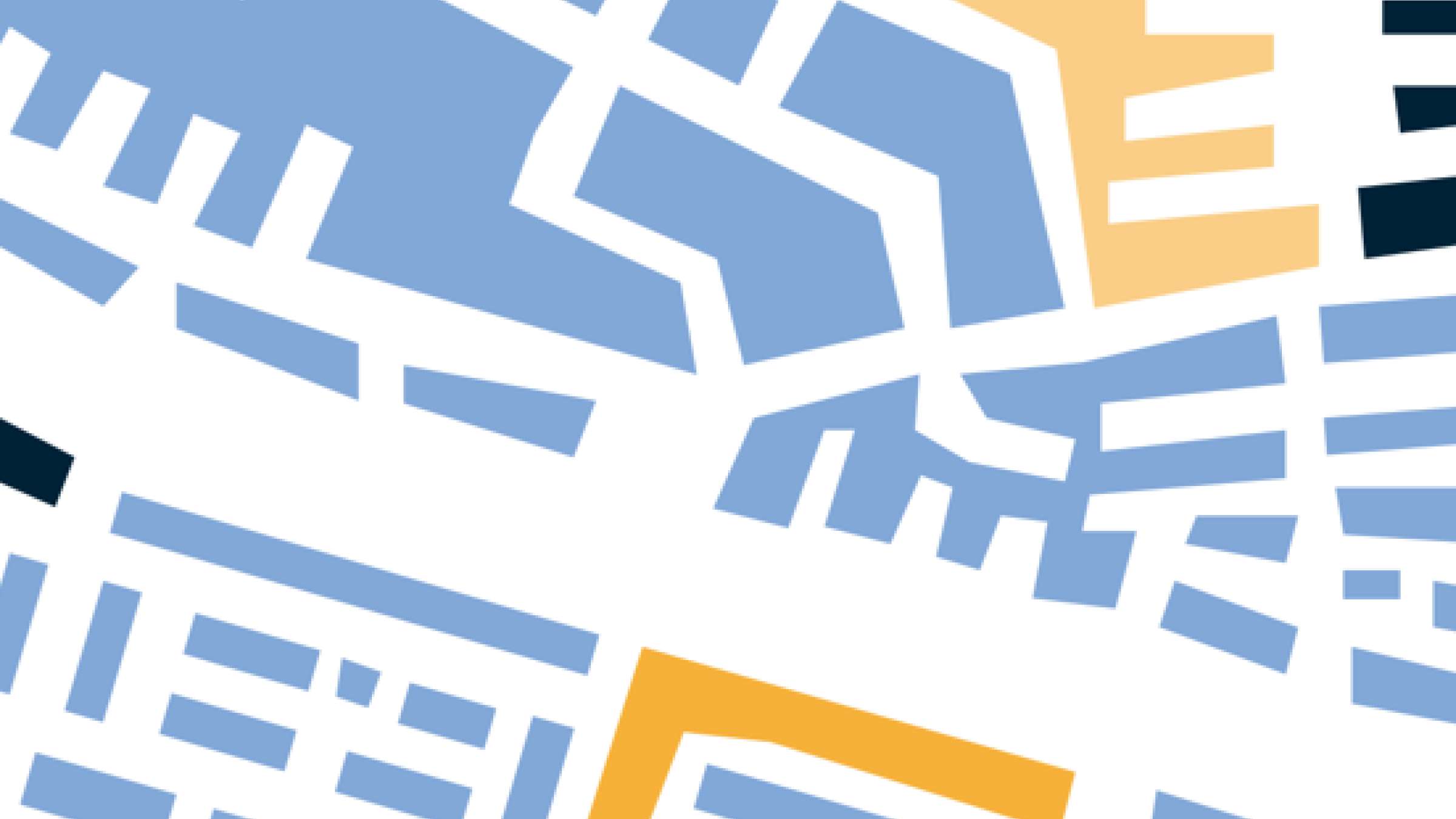Stage A: Cities Know Better
Stage A focuses on enhancing cities’ understanding on risk reduction and resilience. Stage A cities are committed to move along the resilience pathway to develop and implement DRR and resilience strategy by firstly raising awareness around DRR and resilience and bringing relevant city actors and the public on board with the city’s plans for DRR and resilience.
Progressing from Stage A to B: ensure the city has completed the followings and shares the progress in the MCR2030 dashboard:
- Conduct an awareness event or publicity on resilience outside the government (Advocate citizen and public of the importance of disaster risk reduction and resilience building at least once annually)
- Conduct an orientation workshop on resilience with staff and city council (Enhance awareness and understanding on resilience building among city officials)
- Establish a multi-sectoral committee on resilience building (Demonstrate an initial commitment of the city’s multi-sectoral departments and the city council to further develop and implement a city DRR and resilience strategy)
Thematic Area for Stage A cities
Awareness raising on disaster risk reduction and resilience
Stage A cities will have access to a suite of MCR2030 advocacy tools, guidance, and communication assets to build awareness and common understanding across their cities and amongst citizens about resilience and the city’s intent to build a resilient city. The tools and assets will be relevant to a range of audiences, from the public sector to the private sector (at multiple scales), media, civil society, interested citizen groups, schools, etc. Specifically, communication assets will outline the Ten Essentials for Making Cities Resilient, thus providing a broad-based understanding of how cities reduce risk and build resilience.
The Ten Essentials for Making Cities Resilient
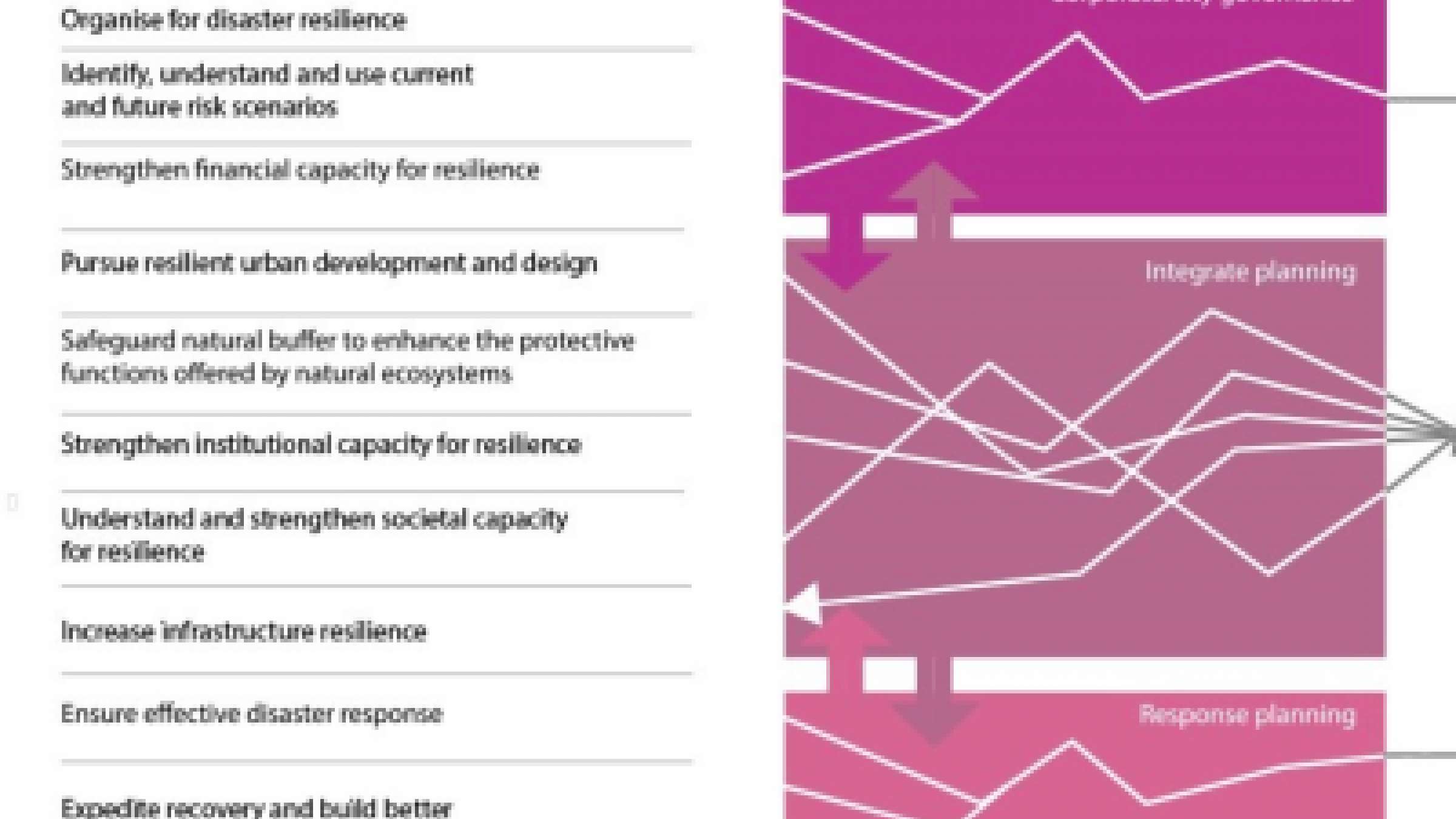
The Ten Essentials for Making Cities Resilient (The Ten Essentials) are the steps that need to be undertaken to build and maintain resilience. They were developed to support acceleration of the implementation of the Hyogo Framework for Action and later on the Sendai Framework for Disaster Risk Reduction (2015-2030) at the local level, as part of the Making Cities Resilient Campaign (the MCR2030 predecessor). The Ten Essentials map directly against the Sendai Framework’s priorities of action and its indicators for monitoring actions on disaster risk reduction. Many cities have found the Ten Essentials to be a crucial tool to stimulate fundamental understanding on disaster risk reduction. The Ten Essentials support the underlying fact that cities are complex and are a system of systems. It helps cities to initiate cross-sectoral and cross-stakeholder dialogue on risk reduction and resilience which is crucial for the resilience building process.
This second edition of the Handbook for Local Government Leaders (2017) provides mayors, governors, councillors and others with a generic framework for risk reduction and points to good practices and tools that are already being applied in different cities for that purpose. It responds to the following key questions: WHY building disaster resilience is beneficial; WHAT kind of strategies and actions are required; and HOW to go about the task.
With the adoption of the Sendai Framework for Disaster Risk Reduction in 2015, this Handbook responds to the call for better access to information, knowledge resources, and tools to effectively deal with the impacts of natural hazards and climate change. It provides an overview of key strategies and actions as part of an overall sustainable urban development strategy. It contains an introductory part; the main body elaborating on the rationale for investing in disaster risk reduction (DRR) and resilience; the Ten Essentials for Making Cities Resilient; the five steps to develop a process called the Resilience Building Cycle; and annexes containing useful resources for Handbook users, besides of several practical examples that illustrate how local governments, together with stakeholders and partners, are able to achieve resilience.
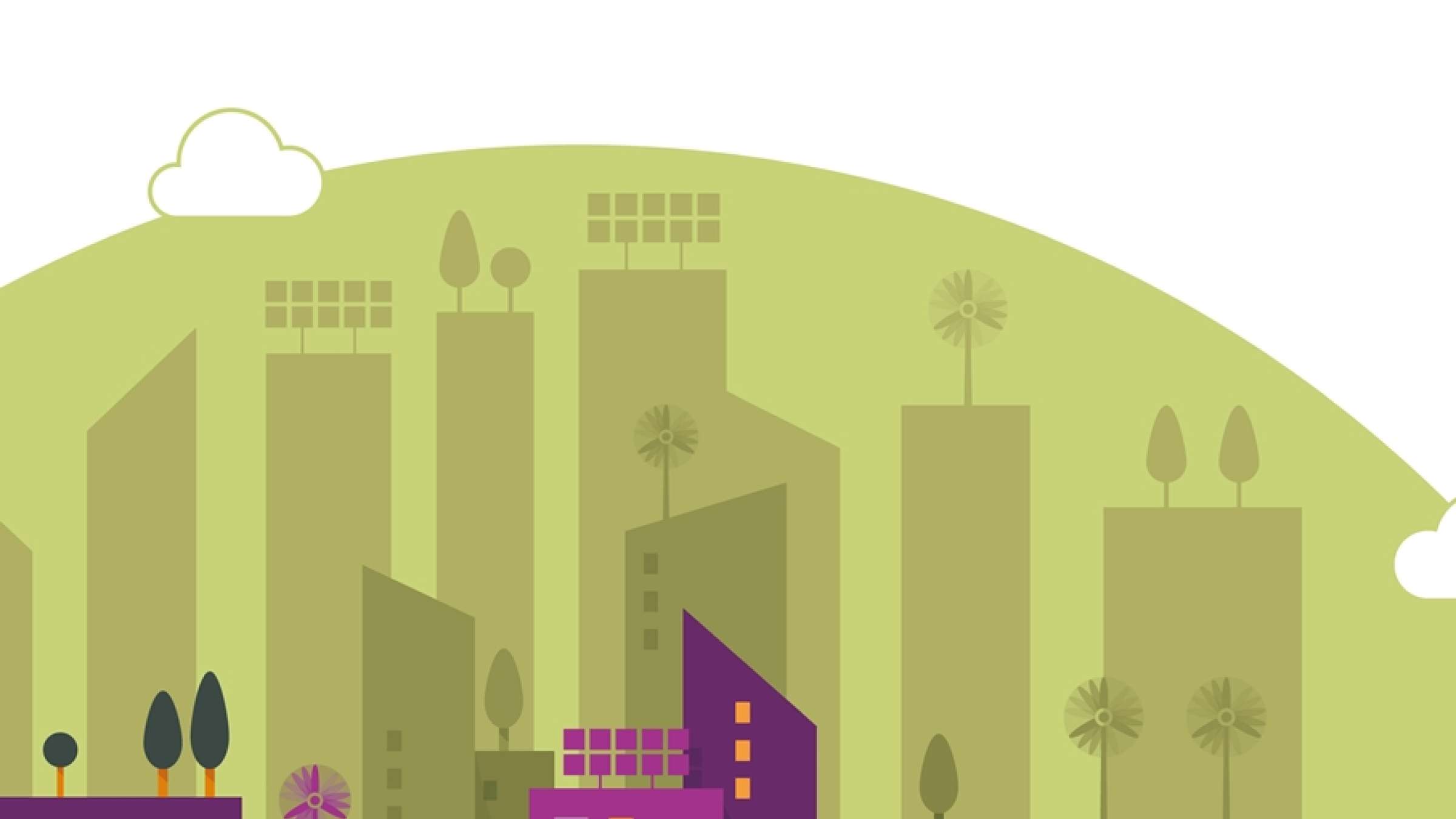
UCLG Learning – Trainings and tools on Localizing Global Agenda
Localizing is a political process based on harnessing local opportunities, priorities and ideas for the implementation of global agendas in cities and territories to achieve local and global goals. UCLG Learning offers various tools and training programmes to support local and regional governments in this challenging process of localizing.
More resources and tools for building awareness
Municipal disaster risk reduction is on the front lines of a global effort toward the Sustainable Development Goals (SDGs) and the Sendai Framework.
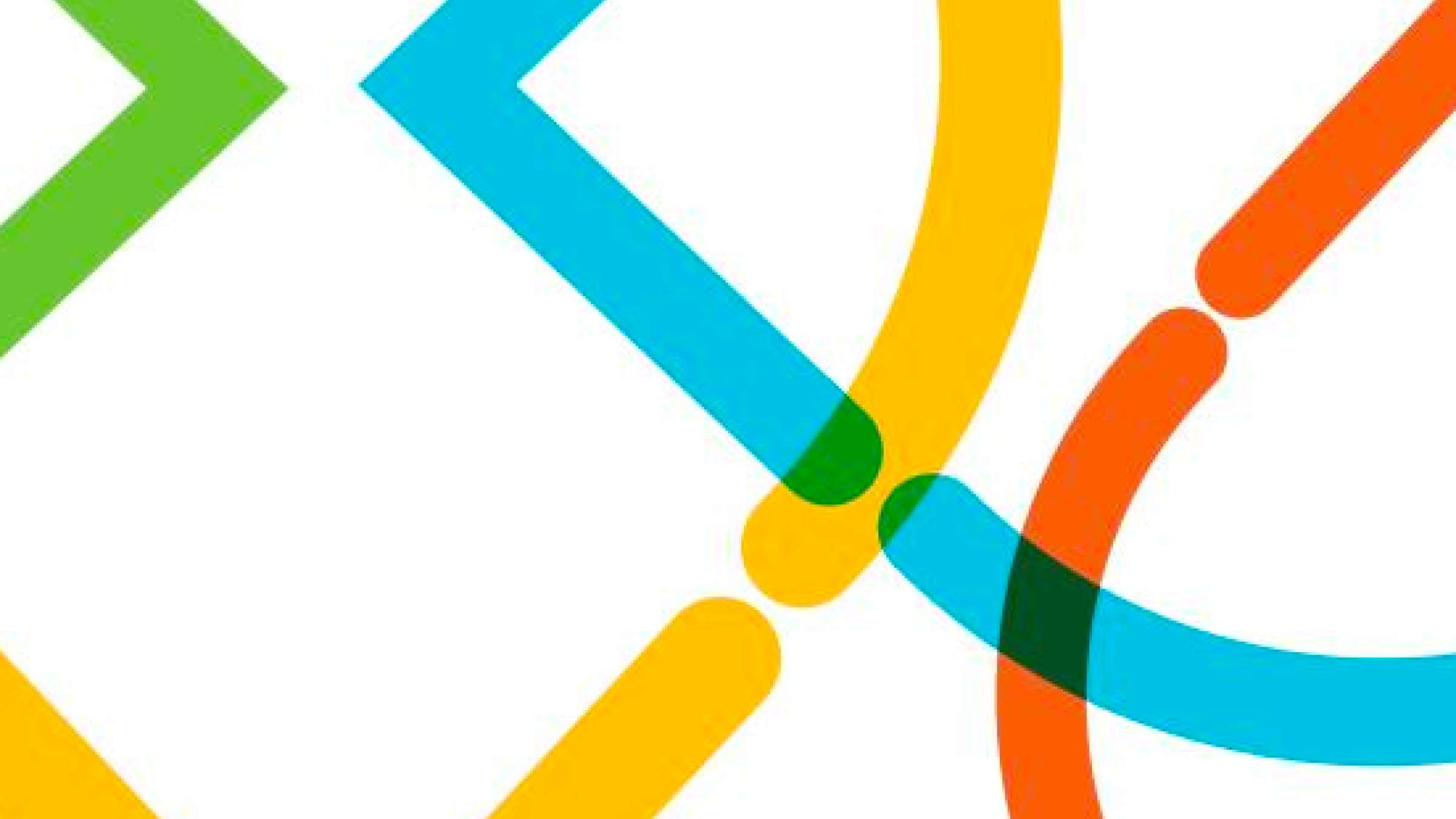
Localizing the Sustainable Development
GoalsThe success of the 2030 Agenda for Sustainable Development hinges on effective collaboration between all relevant actors. Knowledge, resources, skills and partnerships will need to be mobilized.
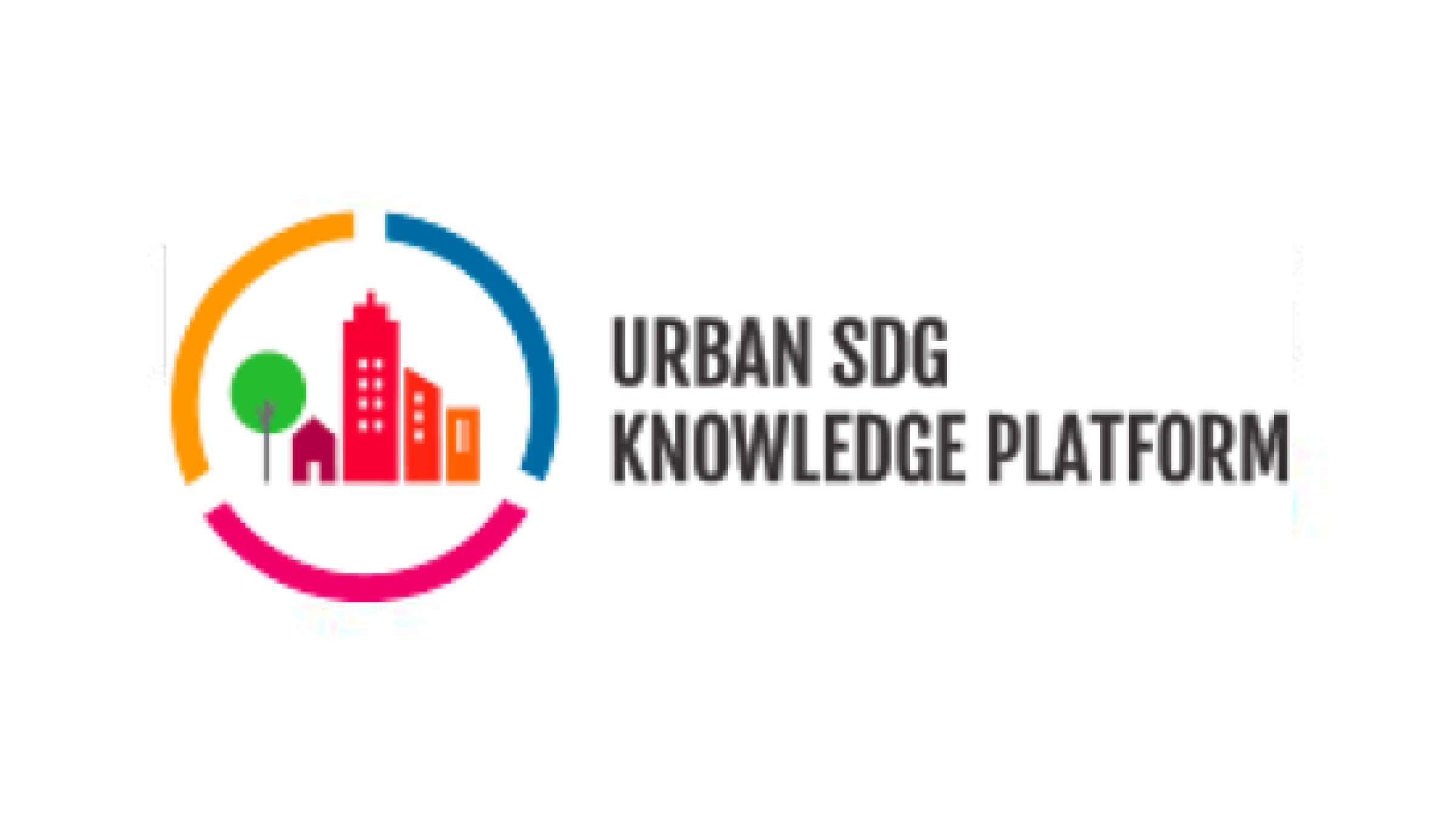
Urban SDG Knowledge PlatformThe United
Nations Economic and Social Commission for Asia and the Pacific (ESCAP), the Seoul Metropolitan Government and CityNet have established the Urban SDG Knowledge Platform.
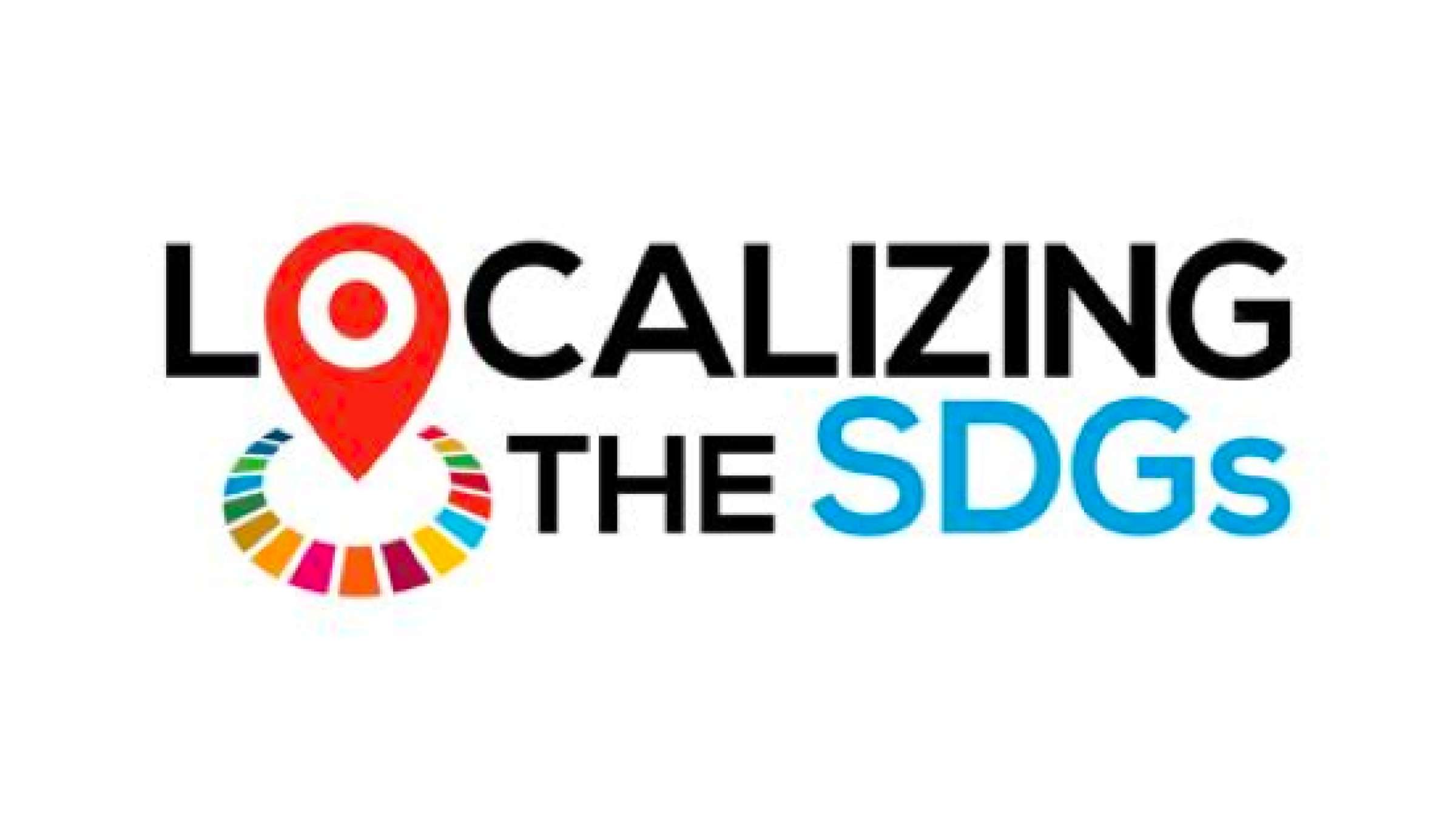
Roadmap for localizing the SDGs
Local and regional governments played an important role in influencing the definition of the SDGs, successfully campaigning for a stand-alone goal on Sustainable Cities and Human Settlements (SDG 11).
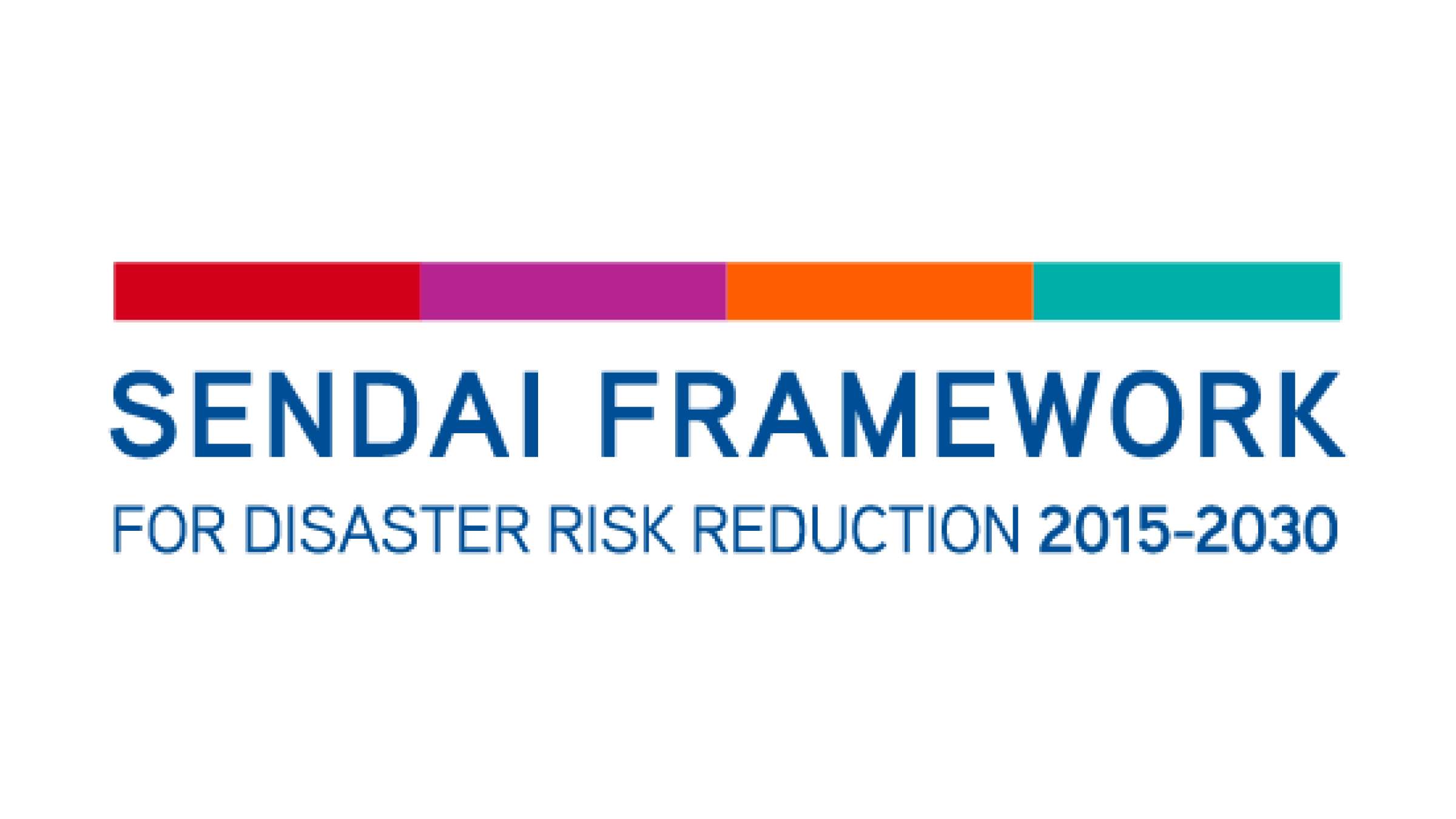
Sendai Framework for Disaster Risk Reduction
The Sendai Framework aims to achieve the substantial reduction of disaster risk and losses in lives, livelihoods and health and in the economic, physical, social, cultural and environmental assets of persons, businesses, communities and countries.
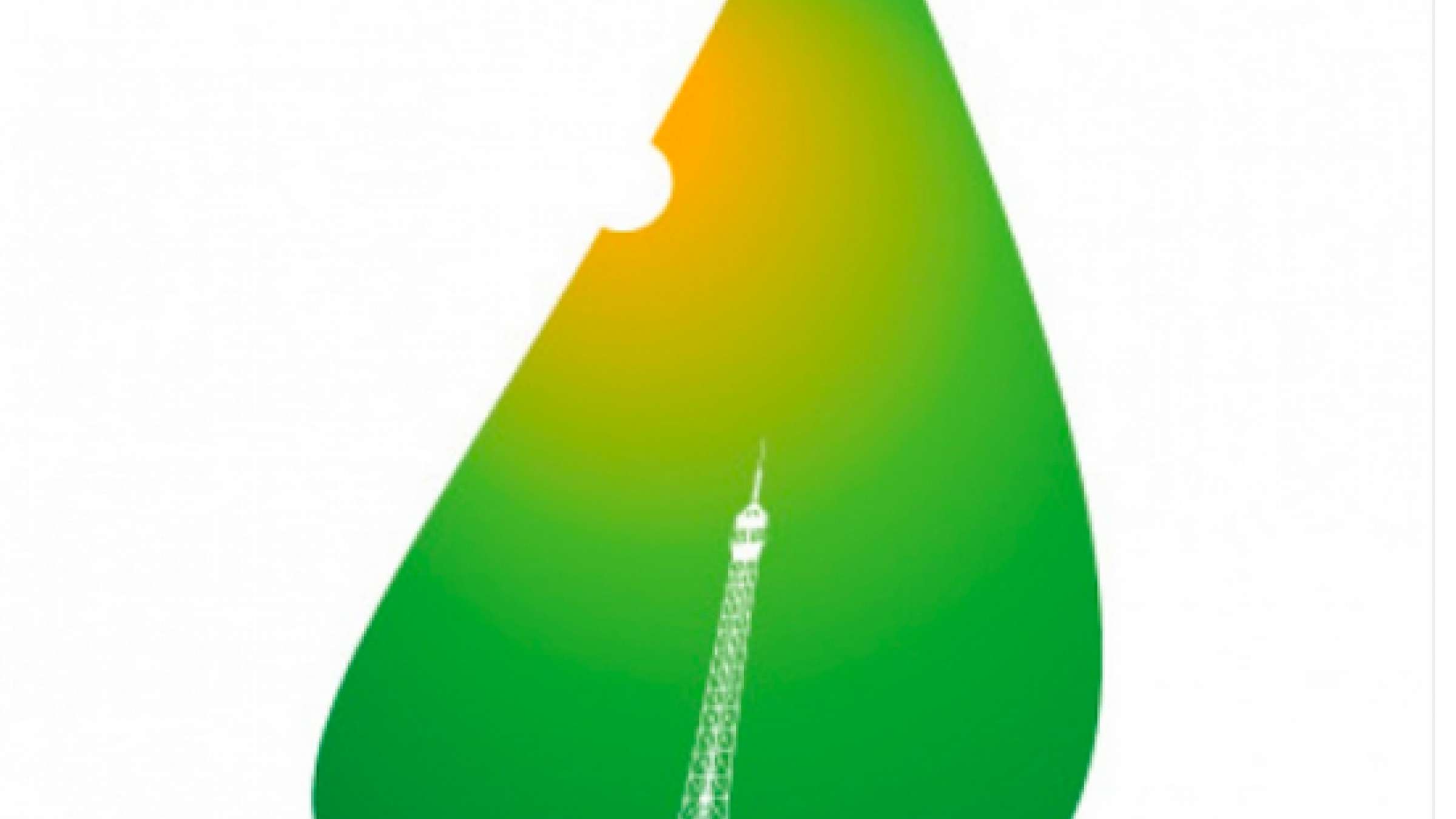
Paris Agreement Information and Details
The Paris Agreement brings all nations into a common cause to undertake ambitious efforts to combat climate change.
Messaging, reporting, and tools to build support for disaster risk reduction
We as a network of cities are working with many other networks to provide safety and progress to our citizens, including Global Initiative Networks & C40 city diplomacy strategy (C40 Cities); Global communications and network services (GRCN); 192 National Red Cross and Red Crescent Societies engaged in public awareness and public education (IFRC); Analyses and supporting dialogue by the World Assembly of Local and Regional Governments & #MakeTheShift Campaign (UCLG); Global and Regional Platforms for Disaster Risk Reduction, Global advocacy platforms e.g. World Urban Campaign (WUC) and events e.g. World Urban Forum; SustainABLE knowledge sharing platform (UNOPS).


